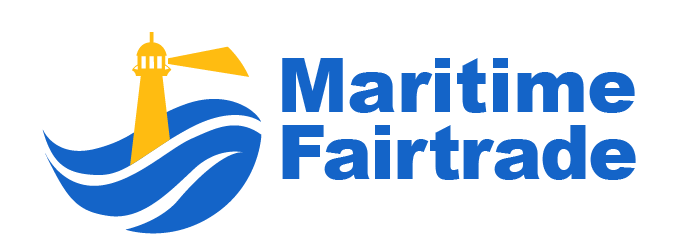Artificial intelligence (AI) is being used to power a new tool to help trade negotiators navigate complex agreements. But questions remain over “political bias” in the algorithms behind the technology.
The International Chamber of Commerce (ICC), working with UNCTAD as part of the Intelligent Tech & Trade Initiative (ITTI), introduced a prototype of the Cognitive Trade Advisor. It is an AI-powered application designed to assist trade negotiators.
“Developing countries and least developed countries have limited resources to prepare for trade negotiations,” Pamela Coke-Hamilton, director of the international trade and commodities division of UNCTAD, said.
“The amount of information that negotiators and their teams need to process is proliferating, and often they need the information on a timely and rapid basis,” she said.
The Cognitive Trade Advisor uses an understanding of natural language. It then provides cognitive solutions to improve the way delegates prepare for and carry out their negotiations.
“The texts of the agreements are getting longer and longer,” Coke-Hamilton said.
“In the 1950s, an average trade agreement was around 5,000 words long. In the current decade, this has increased to more than 50,000 words. Dealing with such amounts of information takes a lot of time.”
Thousands of provisions
The Cognitive Trade Advisor reads, scans, classifies and interprets thousands of intricate provisions in trade agreements and related documents. It does all this in less than a second. Therefore, it can improve the productivity and quality of preparatory work delegates devote to trade negotiations.
Gabriel Petrus, of ICC Brazil which has led the work on the platform, explained that the Cognitive Trade Advisor emerged from actual trade talks between Canada and South American trade bloc Mercosur.
He said in a single database, without going to an external website, the application presents the relevant information. For example, on Rules of Origin (RoO).
An algorithm reads dozens of provisions signed between, for example, Canada and all its trade-agreement partners. It then presents a graphic chart of families of provision and so on, Petrus said.
Specific sectors of the economy – for instance, paper products – can be selected and cross-referenced with previous agreements.
Adam, a chatbot, accompanied the application. It is to help guide users with answers to specific questions, such as identifying the RoO for a specific product.
Level playing field
Petrus said that the application was a first step. Further refinements in collaboration with UNCTAD and other multilateral institutions would follow.
Coke-Hamilton said that UNCTAD is mandated “to provide technical assistance and capacity-building to developing countries and countries with economies in transition in the area of multilateral and regional trade negotiations”.
“If we want artificial intelligence to support progress towards the Sustainable Development Goals and reduce inequalities, we need to make sure not only that we develop useful tools that make life easier for trade negotiators, but we also need to make sure that these tools become available to all countries.”
However, panellist Stephen Fevrier, head of mission of the delegation of the Organisation of Eastern Caribbean States to the United Nations in Geneva, raised some concerns. He welcomed attempts to level the playing field.
However, he warned that tools like Cognitive Trade Advisor could entrench political positions to disadvantage developing countries. Mainly since countries and firms that own the technology may not always have equitable outcomes at heart.
Help at hand
Noah Patrick Kouback, deputy permanent representative at the mission of Vanuatu, admitted that AI was hardly on the agenda for the Pacific island nation.
But technologies like the Cognitive Trade Advisor could prove useful in unblocking negotiations that have stalled. As many have, often for decades.
Ana Laura Lizano of Costa Rica spoke about the challenge confronting countries with weaker economies in talks with more powerful partners.
“As a trade negotiator, ‘challenge’ is a small word for what we face,” she said.
AI and tools based on it have the potential to improve her work, but political sensitivities, including cross-cutting issues like climate change, must be “built-in” to any new tool.
“At UNCTAD, we want to ensure that new technologies help to reduce inequality, and we hope that the ITTI can help us and especially our member states in this regard,” Coke-Hamilton concluded.










